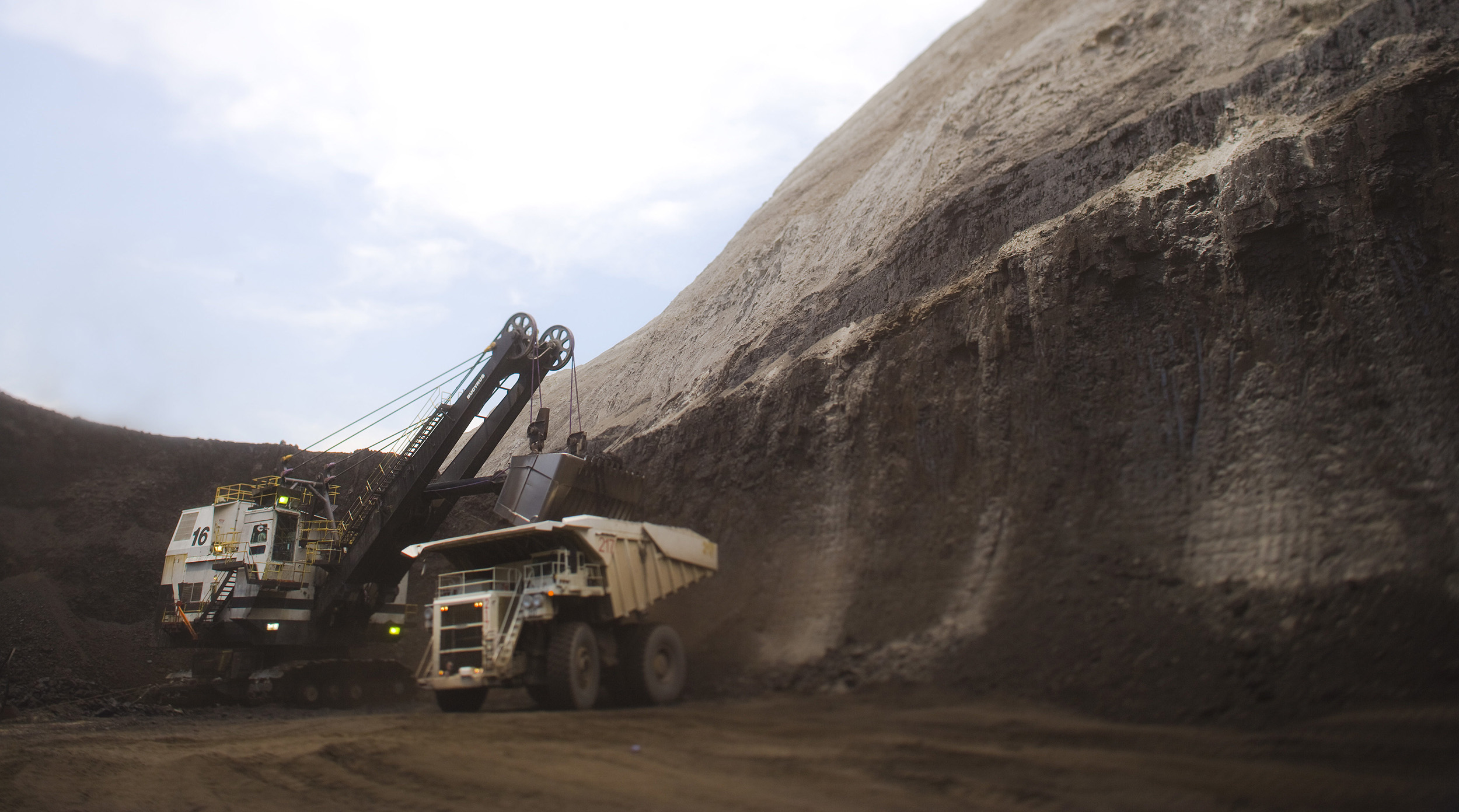The United States faces deep, ongoing vulnerabilities in its mineral supply chains according to a new government report. The 2024 Mineral Commodity Summaries Report by the United States Geologic Survey (USGS) provides information on the production, consumption, import, export and price of various minerals that are essential for the U.S. economy and national security. The report also identifies the countries that are the leading sources of these minerals and the degree of import reliance that the U.S. has on them.
This year, the report shows the U.S. is reliant on imports for more than one-half of the country’s consumption of 49 minerals and 100 percent import-dependent for 15 of them. China continues to be the top supplier of the minerals that the U.S. needs, providing 24 of the 49 commodities with a greater than 50 percent import reliance. China also dominates the global production and export of minerals such as rare earth elements, graphite and lithium, which are vital for the energy, manufacturing, technology, transportation, infrastructure and defense sectors.
Other countries like Russia supply significant amounts of nickel, platinum, palladium and uranium. In 2023, China imposed export bans and restrictions on certain strategic minerals, further illustrating our supply chain challenges. This disrupted global supply chains for minerals essential to the U.S. battery and steelmaking industries. Graphite, one of the restricted minerals, is one of the 15 commodities that the U.S. is 100 percent import-dependent on, along with tantalum, yttrium and others that are important to technology manufacturing.
Implications and Recommendations
The U.S. mineral import dependence illustrates a gaping hole in our economic and national security and requires urgent action. The Biden administration has expressed its intention to diversify the sources of our mineral supply chains and to cooperate with allies and partners. However, this strategy is not sufficient to address the long-term challenges and opportunities that America faces in the mineral sector.
Katie Sweeney, National Mining Association’s Chief Operating Officer told the Senate, “Friend-shoring of our minerals supply cannot come in place of the essential work of standing up production at home.”
The U.S. is home to abundant mineral supplies with an estimated value of $6.2 trillion. Policymakers should encourage domestic mineral production and help lay the foundation for the country to enhance its processing and manufacturing capabilities. If the U.S. is to lead in the energy transition or have a truly American-made electric vehicle supply chain, it must address the regulatory barriers, permitting delays and perpetual legal challenges that discourage exploration and production. The U.S. should streamline its regulatory framework, incentivize innovation and research, and support the workforce and infrastructure development that is necessary for a robust mineral industry.
If it’s made in America, it should be mined in America.
The U.S. mining industry operates under world-leading environmental and labor standards, ensuring the responsible sourcing and production of the minerals our economy needs. Relying on geopolitical adversaries or nations with little to no environmental and labor standards is not a workable mineral strategy.
This article was published by: edelman
Visit the original article here



